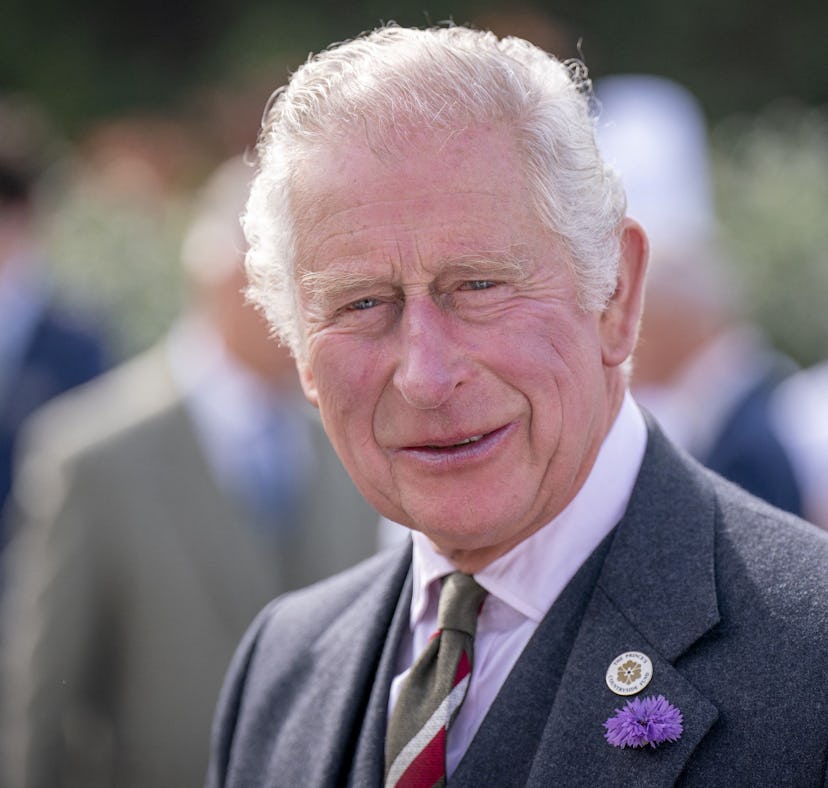
Here’s When Prince Charles Formally Becomes King
There’s something called the Principal Proclamation.
Following the death of Queen Elizabeth II on Sept. 8, her eldest son, Charles, immediately became the King of the United Kingdom, as it outlined in the royal family’s line of succession. While Charles officially has a new title, there are several formalities to follow in the coming days before he is a formally proclaimed king.
A day after announcing Queen Elizabeth II’s death, Buckingham Palace released a statement explaining King Charles is set to be proclaimed monarch by the Accession Council as part of his formal accession. British journalist Omid Scobie shared the Palace’s press release on Twitter on Sept. 9.
First, the Accession Council will proclaim Charles the King of the United Kingdom at 10 a.m. local time on Sept. 10, in the State Apartments at St. James' Palace in London.
Buckingham Palace said the Accession Council will then hold two events for Charles. During the first event, the Privy Council, which is made up of the sovereign's formal advisors, “will proclaim [Charles] the Sovereign and formally approve various consequential Orders.” Charles will not be present at the Privy Council.
However, the second event will involve Charles making a declaration and signing an oath “to uphold the security of the Church in Scotland,” per Buckingham Palace’s statement. According to The Guardian, King Charles’ meeting with the Accession Council will be televised, making it the first British Accession Council to be broadcast.
The Guardian also reports the Accession Council usually assembles within 24 hours following a sovereign's death; however, since the announcement of Queen Elizabeth II’s death came late in the day, the ceremony wasn’t able to happen immediately after.
After the Accession Council’s meeting, the Principal Proclamation will commence with Garter King of Arms reading from the balcony near Friary Court at St. James’ Palace at 11 a.m. local time. Following tradition, a second Proclamation will occur at the Royal Exchange in London at 12 p.m. It will be read in Scotland, Northern Ireland, and Wales the following day.
According to the Wall Street Journal, Charles has waited longer to become king than any monarch in British history. He had been heir to the throne since he was three when his mother became Queen in February 1952 following the death of her father, King George VI.
Queen Elizabeth II’s accession occurred on Feb. 6, 1952, and her coronation followed on June 2, 1953. Similarly, King Charles’ coronation may not hapen anytime soon.